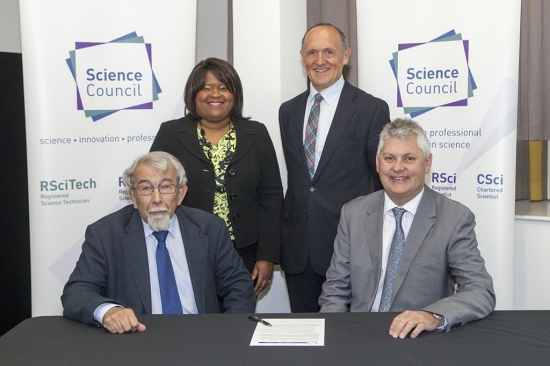News
Society signs diversity and equality declaration
- Details
- 06 October 2014
The Society of Biology is a signatory of the Science Council's Declaration on Diversity, Equality and Inclusion, which launches today.

There remain inequalities in the STEM workforce, with black and minority ethnic (BME) men 28% less likely to work in STEM than their white counterparts, and in study. Disabled students are 57% less likely to take up postgraduate STEM study than non-disabled students (1).
Gender inequalities in science have often received most publicity, and although the biosciences are typically thought of as the most gender-balanced of the sciences, this balance does not pertain to the top of the academic career ladder. In 2011/2012, 61% of bioscience postgraduate students were female while only 15% of professors were female (2).
All of these issues must be urgently addressed if we are to ensure a strong science community and avoid future skills gaps.
The Declaration brings together Professional Bodies from across science to work towards a workforce that represents those it serves. The Society of Biology is committed to ensuring equal opportunities in the life sciences, and supports diversity throughout the pipeline; at school and higher education, in the workplace and training.
We are keen to work with the Science Council and the other signatories, to share best practice and expertise, to best support our membership.
The Society already has a number of Equality & Diversity activities under way;
- using targeted recruitment initiatives and other means to improve low female representation within our fellowship (3),
- establishing a 'Returners to Bioscience' group to examine the experiences of those who face difficulties in returning to a career in the biosciences after an extended break,
- sitting on the STEM Disability Committee, the Athena Forum, and being a signatory of the WISE (formerly UKRC) Chief Executive Officer Charter.
See a full summary of our E & D work so far.
- Improving Diversity in STEM, CaSE 2014
- 2011/2012 HESA data
- Society of Biology female fellowship rose from 6.5% in 2007 to 21% in 2014

